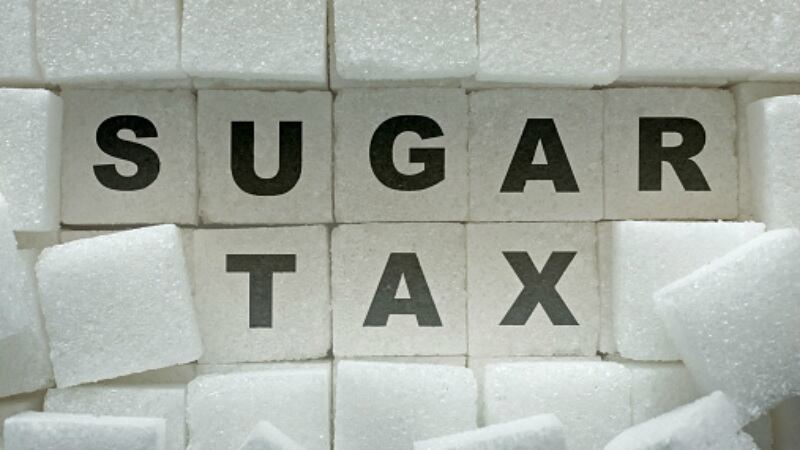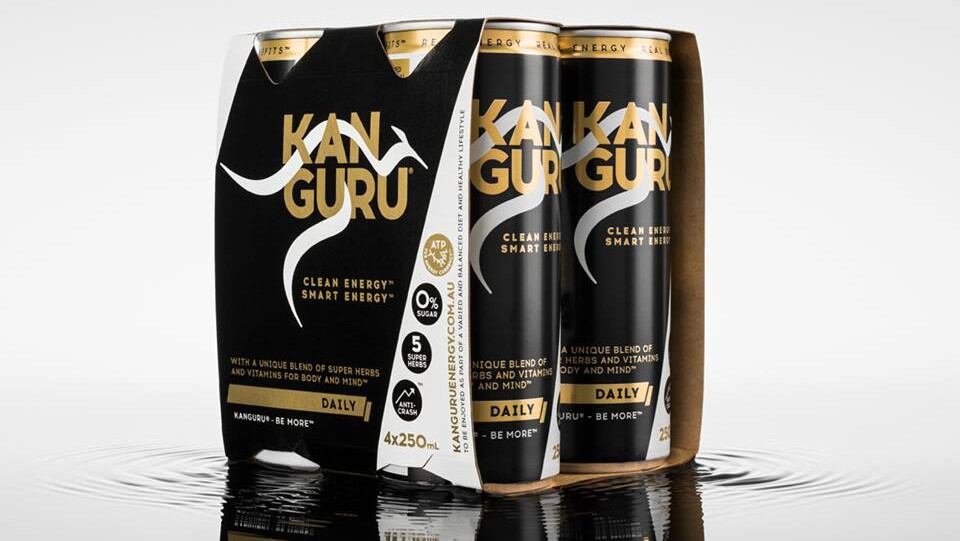According to the official Committee Daily Bulletin document on the Philippines Congress website, the committee was chaired by Representative Joey Salceda, and discussions included the funds received from sugar taxes implemented as part of the TRAIN law.
Updates were presented by the Department of Budget and Management (DBM), the Department of Health (DOH) and the Philippine Health Insurance Corporation (PhilHealth).
In response to queries from Salceda with regard to the sugar-sweetened beverages (SSB) tax revenues, DOF Undersecretary Teresa Habitan revealed that these had not yet been given out as of yet.
“Revenues collected from the excise tax on SSB have reached P26.6bn (US$512.8mn) in 2018 and P14.9bn (US$287.2mn) from January to June 2019. However, these were not yet fully distributed to the intended beneficiaries,” she told the committee.
Representative Joseph Paduano added that it was stated in law that a proportion these revenues needed to be passed to the sugar industry.
“15% of the incremental revenues collected from SSB should be allocated to the sugar industry as provided for under the joint memorandum circular between the DOF, DBM and the Department of Social Welfare and Development (DSWD) which was signed last August 31, 2018,” he said.
Salceda added that the tax revenues were ‘essential’ to cushion the impact that implementation of the TRAIN would bring to the sugar sector, saying that although farmers were ‘one of the biggest contributors’ to TRAIN and were supposed to be one of the main beneficiaries, ‘they were not funded at all’.
FDA unable to determine sugar content in drinks
In addition, Committee Vice Chairperson Estrellita Suansing called out government agencies for their supposedly slipshod handling of their duties in implementing the sugar taxes.
According to Manilla Bulletin, she told the committee that: “I am so disappointed [because] the projected revenue for this is PHP52bn (US$1bn) per year, but in the implementation, there is a problem. There is a problem in the registration of companies in the FDA (Food and Drug Administration).”
A major issue that was highlighted was the FDA’s failure to determine whether food and beverage companies were using local sugar or high-fructose corn syrup (HFCS) in their drinks production, as registration for the products and companies was currently being done online without checks conducted.
The former would incur a tax of PHP6 (US$0.12) per litre under TRAIN, whereas the latter should be taxed PHP12 (US$0.23).
The FDA had also admitted this, saying that more equipment was needed before they could take further action.
“For determining if it is a high fructose corn syrup, there is a need for FDA to purchase or procure equipment like detectors and [with] Higher Performance Liquid Chromotography (HPLC),” FDA Director Marilyn Pagayunan said to the committee.
“We are trying to determine those manufacturers who are lying.”





